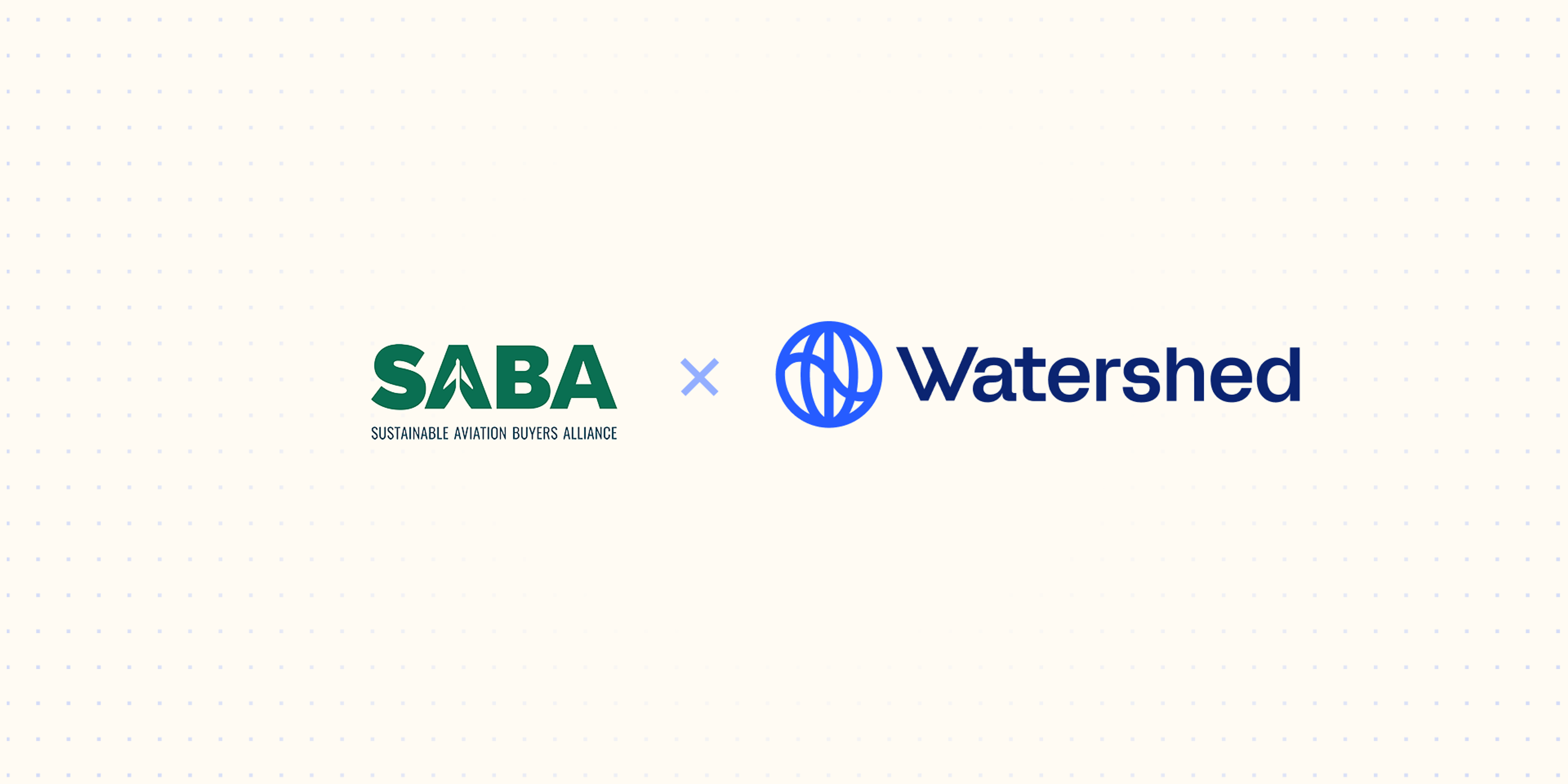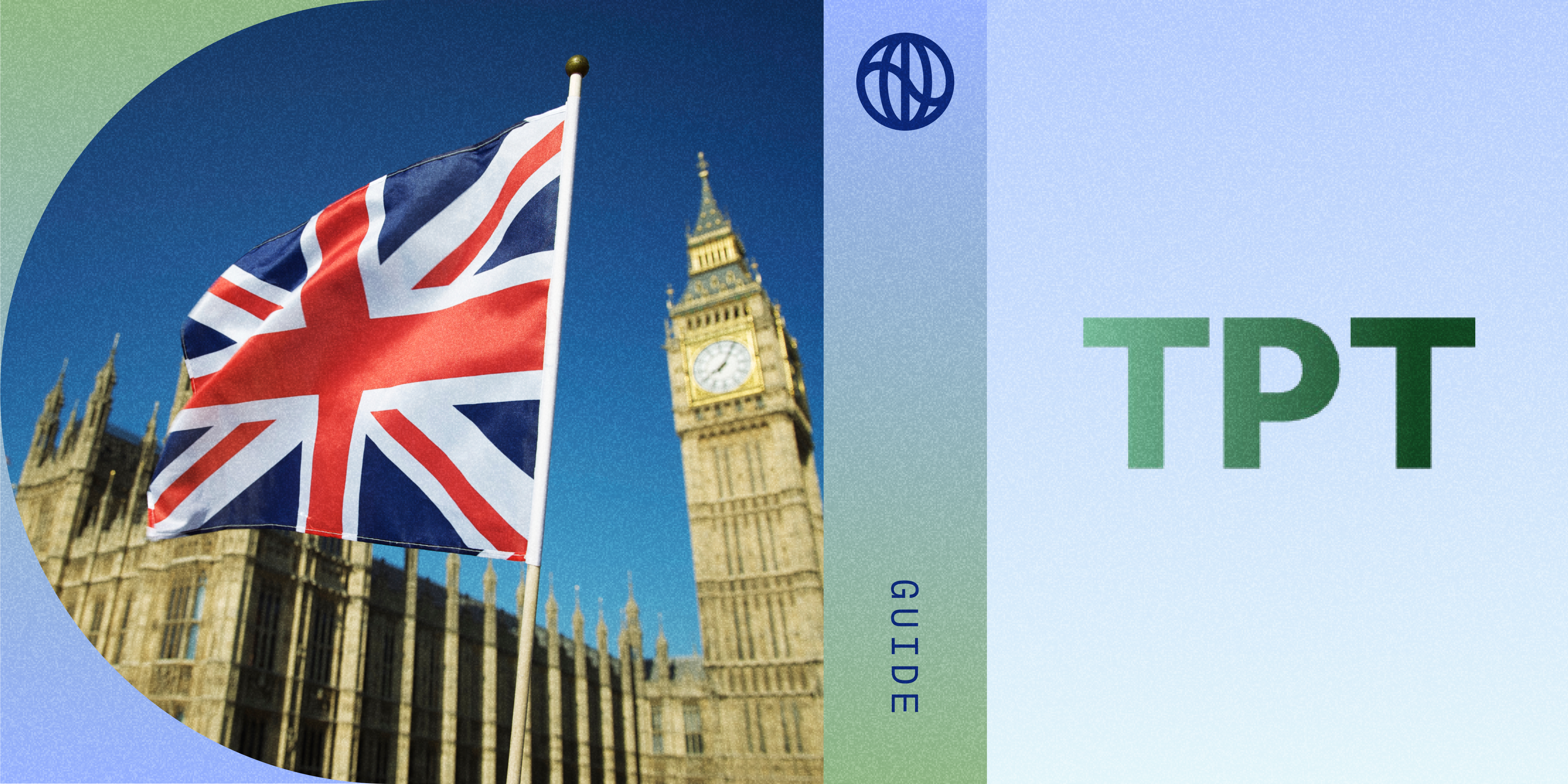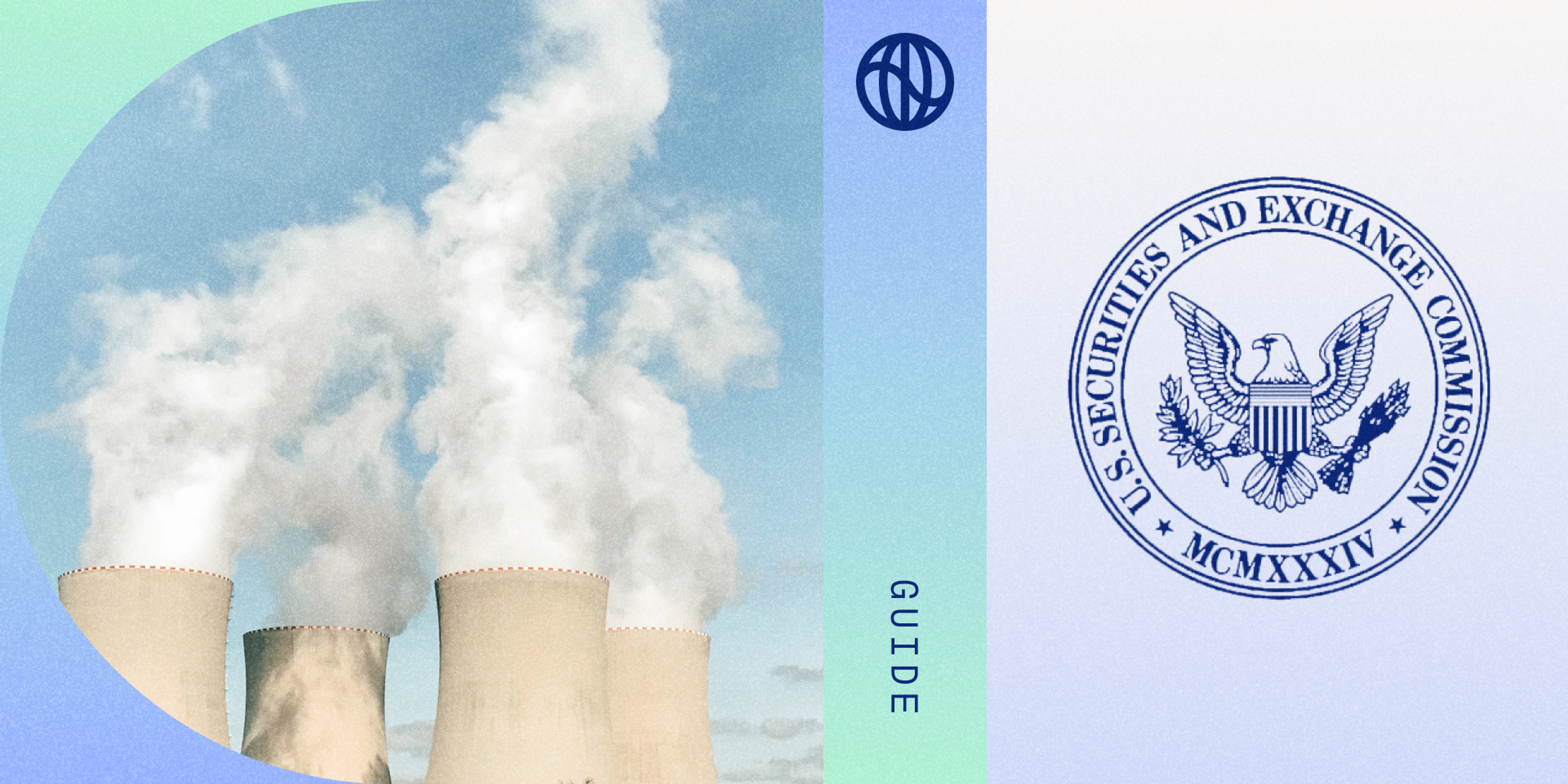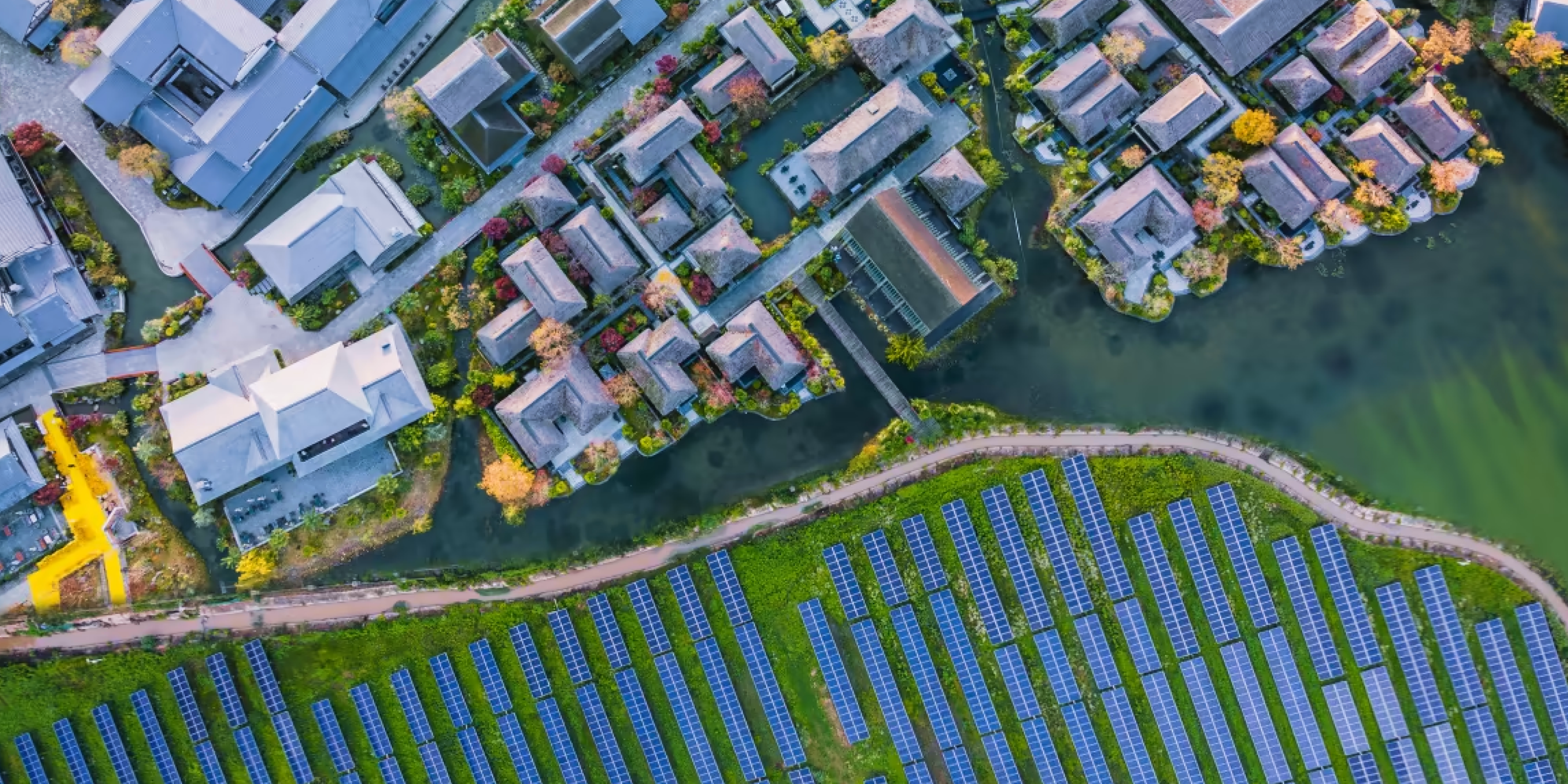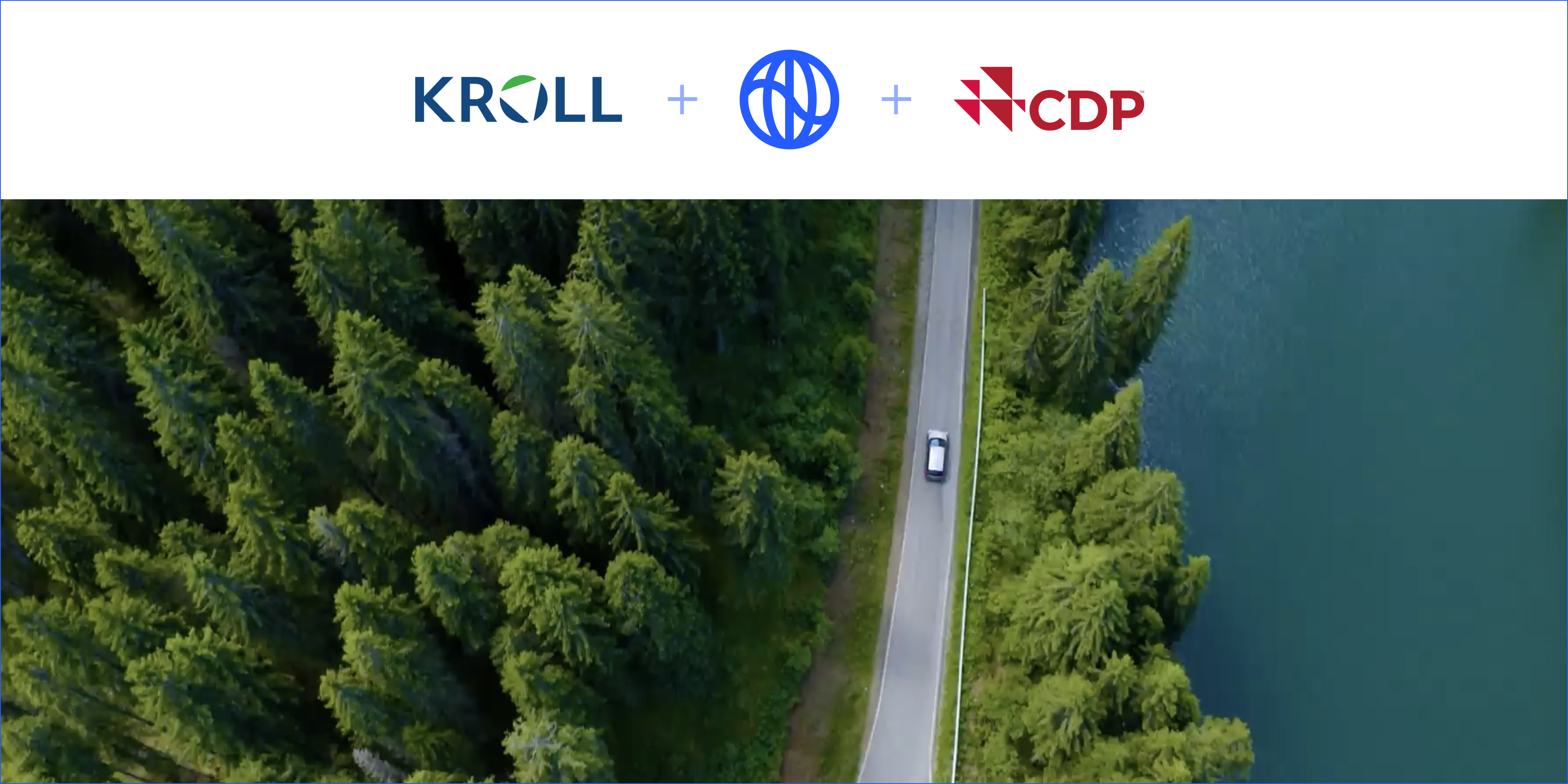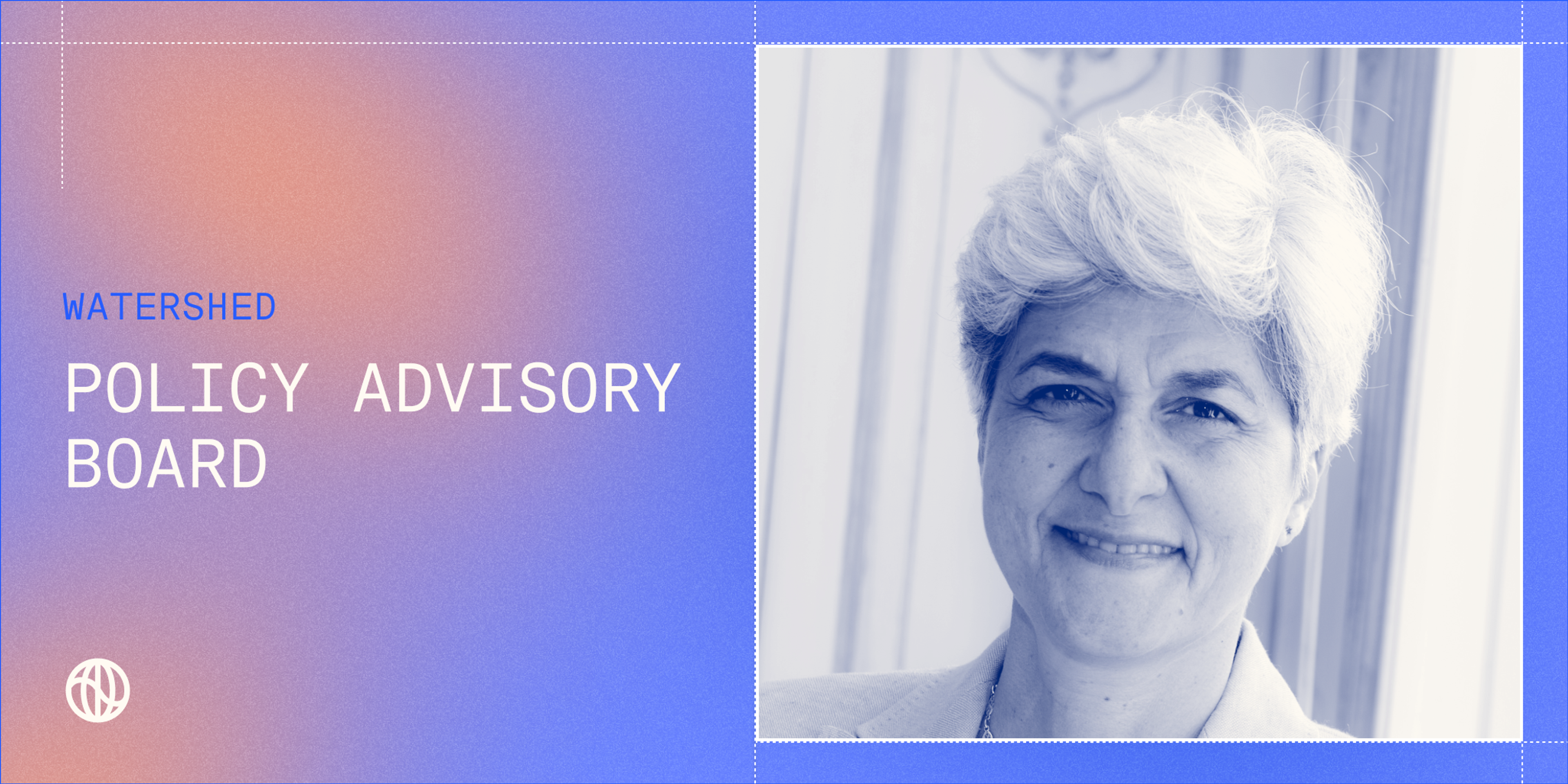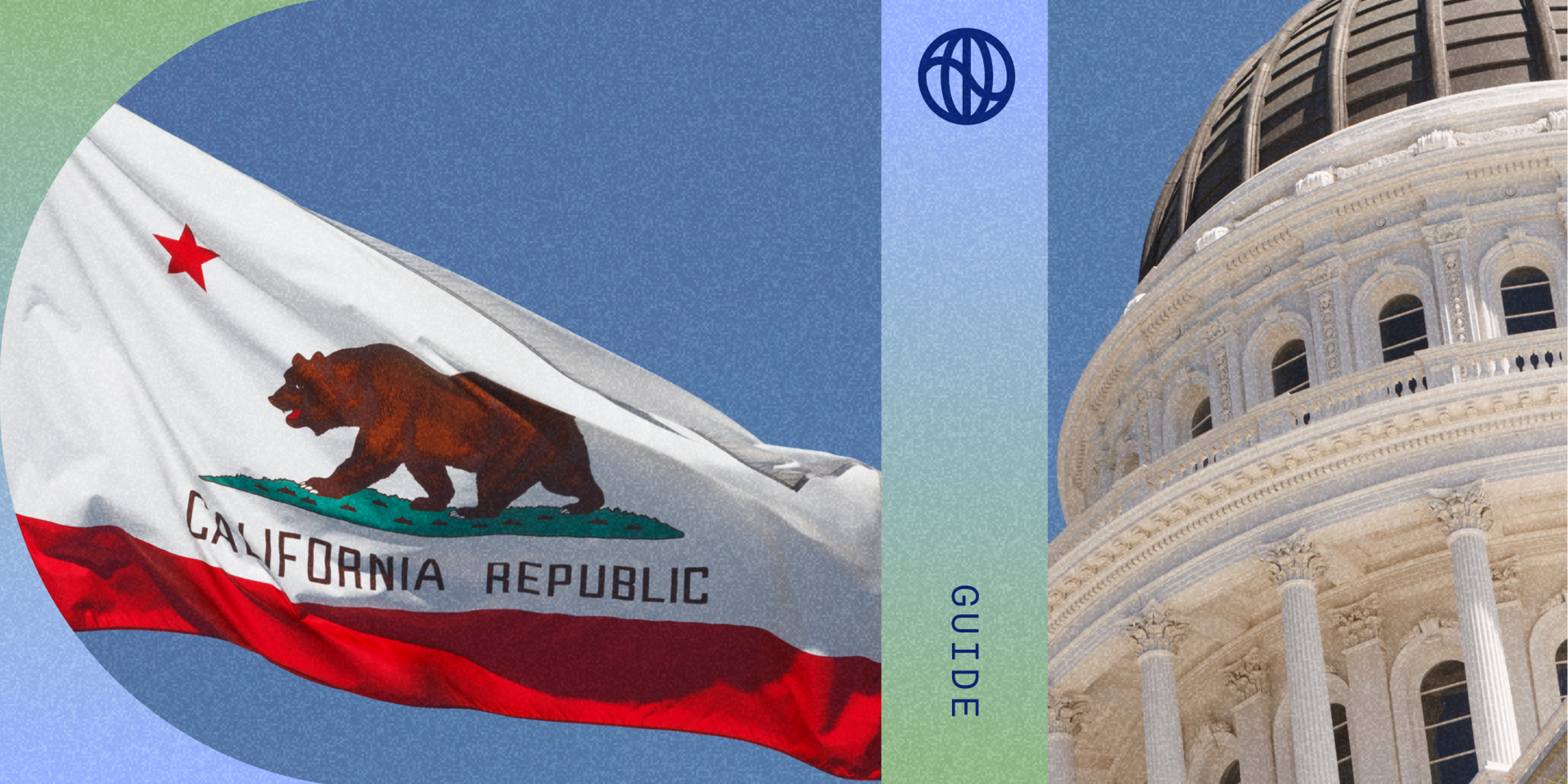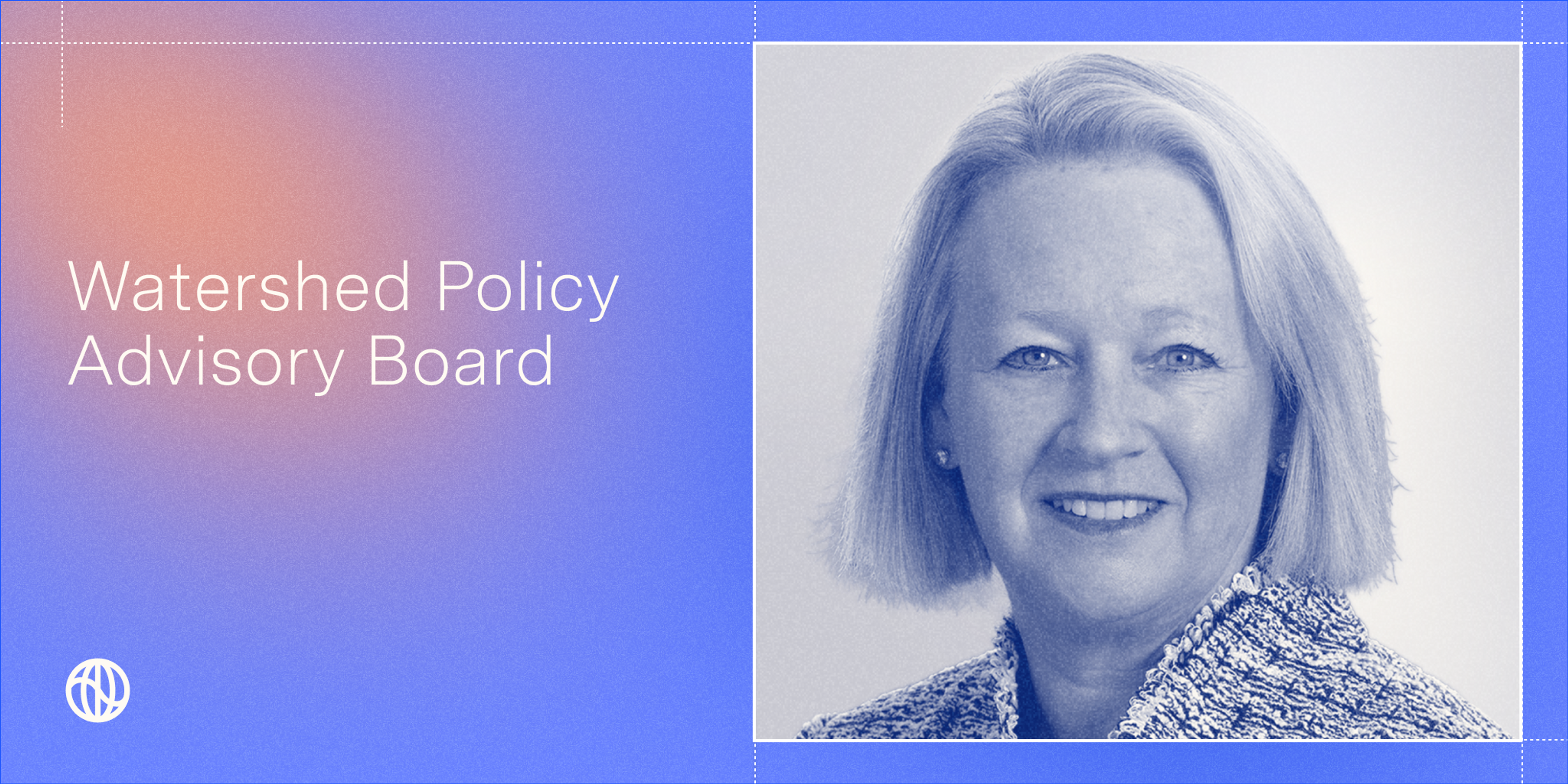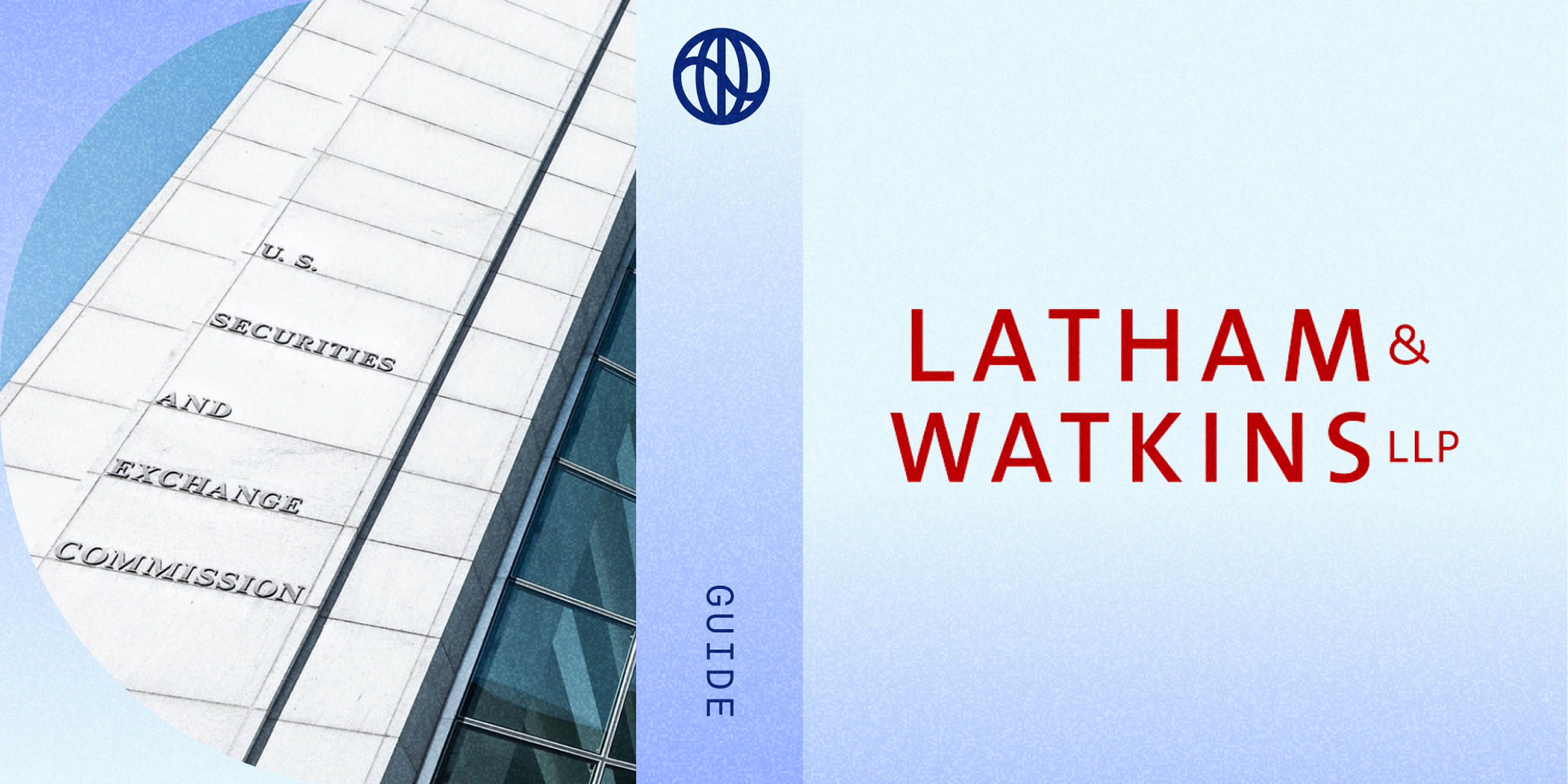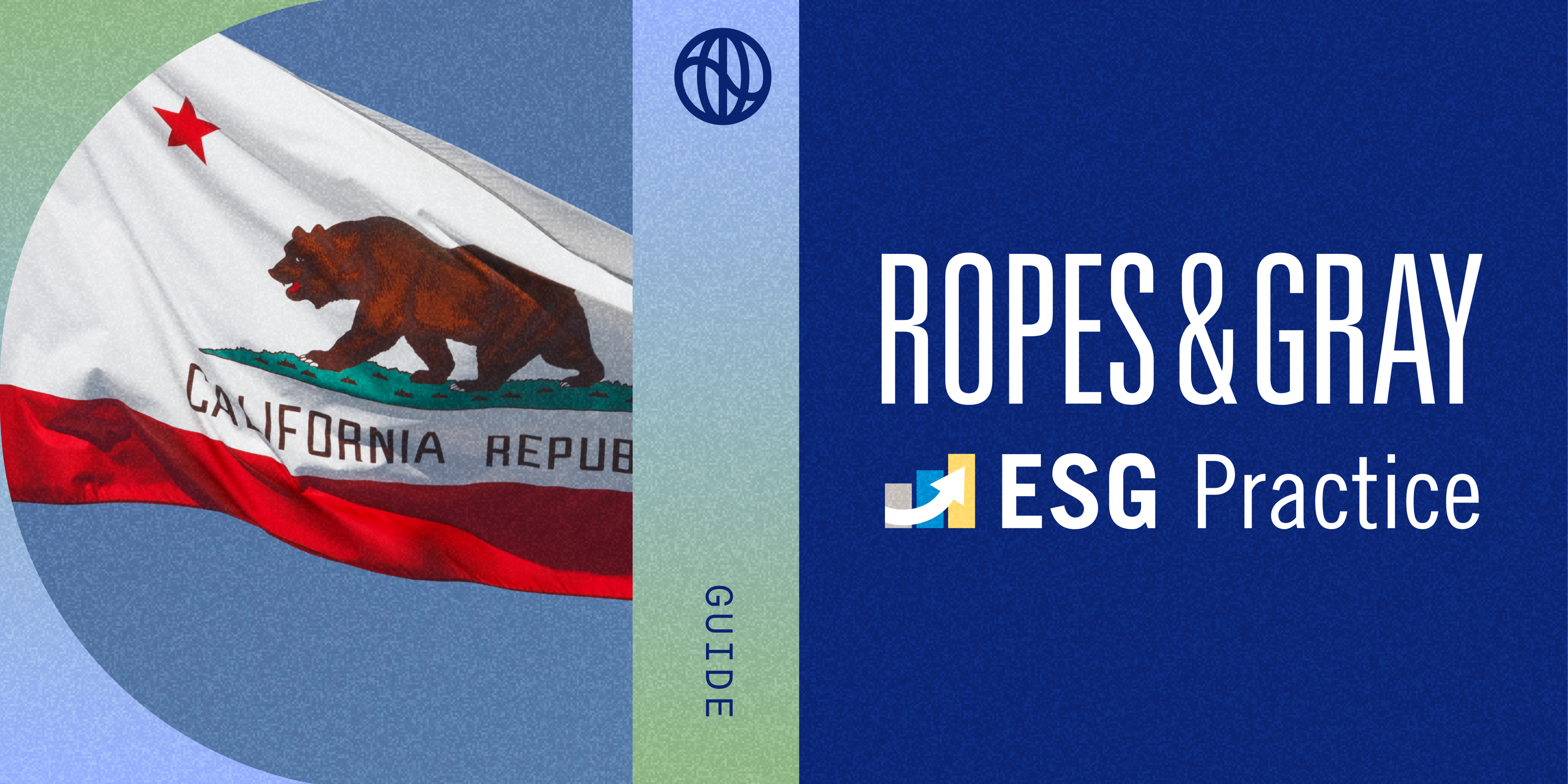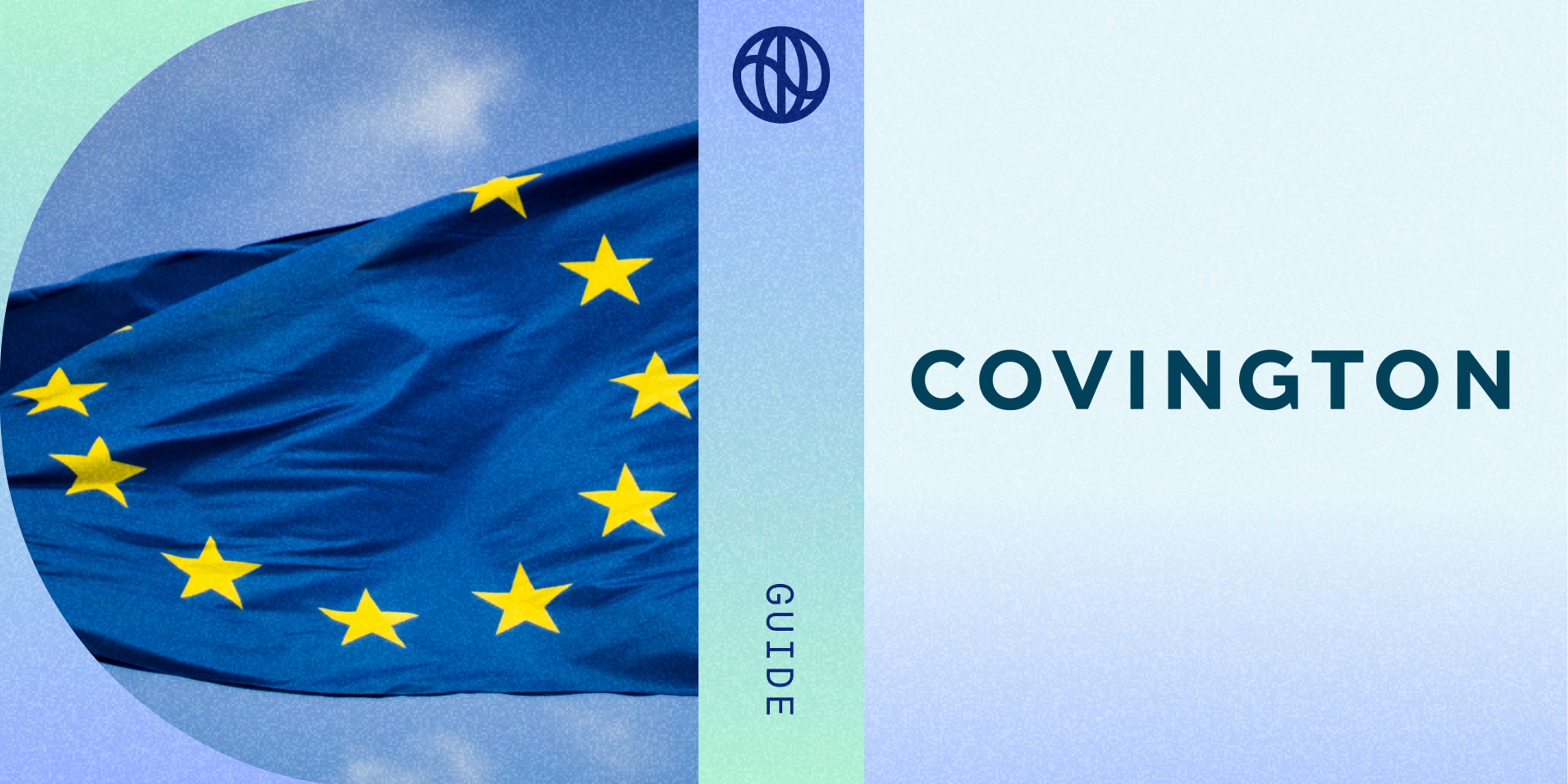Watershed customers are contributing to a historic purchase of high-integrity sustainable aviation fuel certificates (SAFc) through Watershed’s role as an aggregator partner of the Sustainable Aviation Buyers Alliance (SABA).
Corporate travelers representing major organizations have committed to channel nearly $200 million into purchasing SAFc equal to about 50 million gallons of high-integrity SAF, or 500,000 tons of abated CO2e over the next five years. This is roughly equivalent to the emissions of 3,000 fully loaded passenger flights from New York City to London.
This multi-year collection of deals, which involves 15 business aviation customers, four fuel providers, and three airlines, demonstrates the growing demand for decarbonized air travel. Many of the participants are new to the SAFc market, which highlights SABA’s work to build the market by lowering barriers to entry and educating stakeholders.
Along with Watershed and SABA founding organization RMI, participating SABA members include AstraZeneca, Autodesk, Bain & Company, BCG, Deloitte, JPMorgan Chase, McKinsey & Company, Meta, Morgan Stanley, Netflix, Novo Nordisk, Samsung Biologics, and Workday.
"Sustainable aviation fuel is one of the most promising pathways to large-scale aviation emissions abatement. SABA is helping to lower barriers to adoption and build the SAF sector through pioneering action, and Watershed is proud to include our customers in this latest historic purchase," said Claire Kiely, Head of Marketplace Carbon Supply at Watershed. "Like SABA, we believe economy-wide decarbonization accelerates when corporate climate leaders work together."
SAF is a drop-in fuel made with renewable or waste feedstocks. It can be used in today's aircraft without investments to upgrade existing fleets and infrastructure, and can significantly reduce the carbon pollution from flight. SAF purchased through the SABA transaction will achieve, on average, an 80% reduction in carbon intensity relative to conventional jet fuel. While the industry is growing rapidly, SAF still makes up less than 0.5% of global jet fuel supply and today sells at a premium compared to fossil jet fuel.
Through this transaction, SABA is advancing new models for buying and selling SAFc, with SABA members working with airline partners such as Alaska Airlines, JetBlue, and Southwest; securing certificates through SAF solutions provider SkyNRG; and purchasing directly from fuel providers, including significant, multi-year agreements with World Energy.
The multi-year deals are especially critical in driving scale in the SAF market, as long-term certainty about demand helps fuel producers secure financing for future plant expansions and bring more sustainable aviation fuel to market.
“Building off the success of our first SAF agreement with SABA, we’re thrilled to again work with this growing community of organizations seeking to accelerate a lower-carbon future of aviation,” said Sara Bogdan, Managing Director of Sustainability & ESG at JetBlue. “The purchasing power of SABA and its members not only sends a strong demand message for additional sustainable aviation fuel, but the shared benefit helps fuel more JetBlue fights with SAF than we could hope to achieve on our own.”
While the transaction is a major milestone, it also exposed the significant work still required to fulfill global ambitions for decarbonized air travel. Available SAF volumes that met SABA’s requirements came nowhere close to meeting the full demand from SABA customers in 2024 and 2025. SABA plans to grow its collaboration with corporate customers, airlines, fuel providers, standard-setting bodies, and other NGOs to build a high quality, scalable market for SAFc.
“The only way to drive structural change in hard-to-abate sectors like aviation is to shake up existing business models,” said Kim Carnahan, Head of SABA’s Secretariat and CEO of Neoteric Energy and Climate.
Read SABA’s full announcement here.
